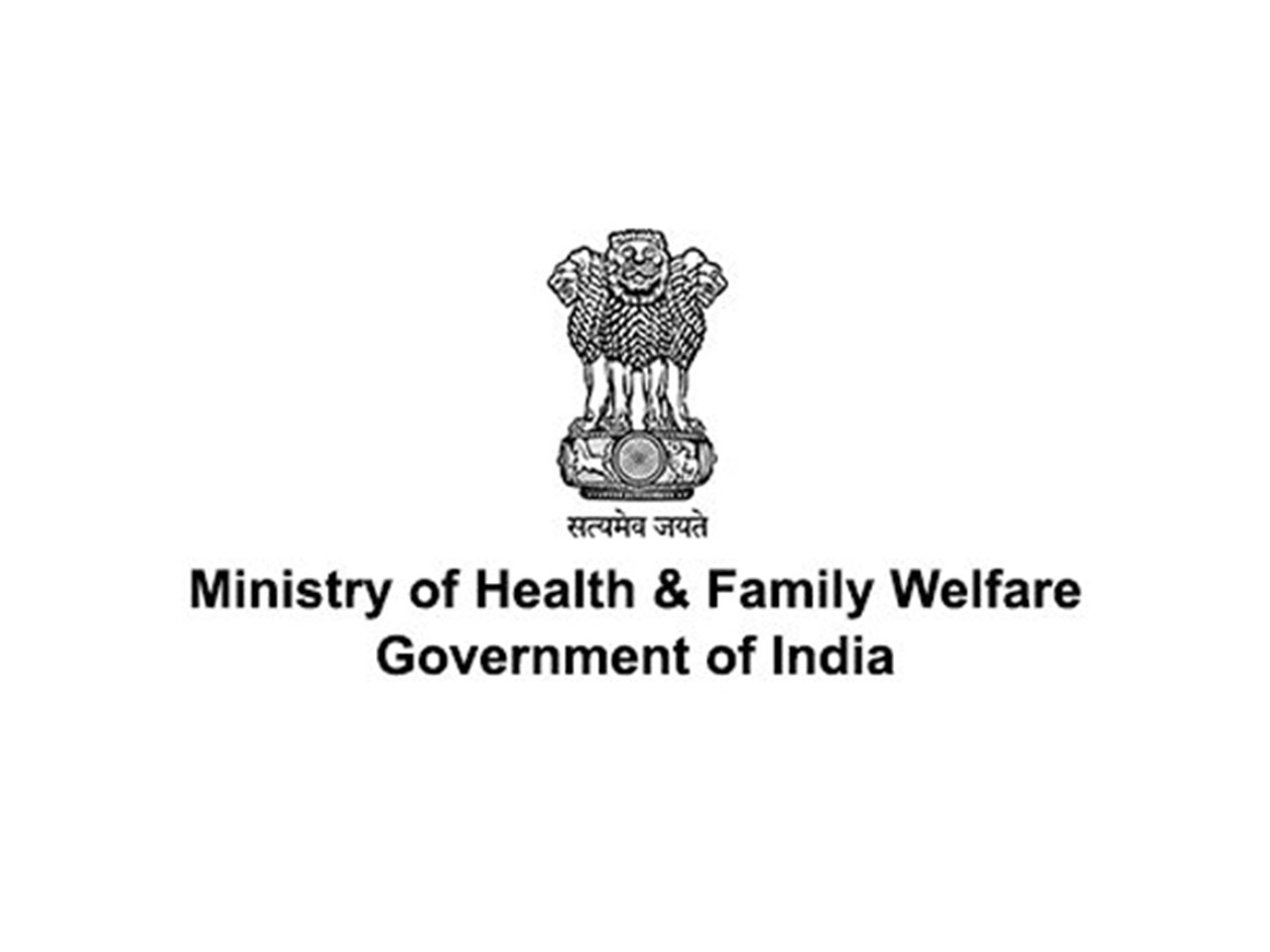Last updated on May 20th, 2025 at 12:03 pm

Doctors must mention Reason while Prescribing Antibiotics – For many years, antibiotics have been our heroes, fighting off nasty bacteria like brave soldiers. But just like war can make things worse, using antibiotics too much has changed these miracle drugs into dangerous threats. In India, where lots of people get sick, doctors giving out antibiotics for everything has made the germs super strong, so the drugs don’t work anymore. Now, even a small cold could become a big problem, and new, unstoppable super-germs could take over!
To stop this scary future, India has made a new rule: doctors have to explain why they give someone antibiotics. This helps them use these powerful weapons carefully, only when they’re really needed. It’s like a new strategy in the fight against germs, one that can keep these amazing drugs working for everyone.
Statement by Health Ministry – Doctors Must Mention Reason While Prescribing Antibiotics
The Indian Health Ministry’s intervention acts as a much-needed course correction. By requiring doctors to document the reason for every antibiotic prescription, it injects a dose of accountability. This compels healthcare professionals to critically assess each case, reserving these powerful weapons for when they truly matter. It’s a shift from a prescription-centric approach to a patient-centric one, ensuring antibiotics are wielded strategically, not reflexively. This move towards transparency holds further benefits.
Patients, better informed about the rationale behind their prescriptions, become partners in their own healthcare. It disrupts the dynamic of unnecessary pressure on doctors to prescribe for viral infections like the common cold, fostering open communication and informed decision-making.
But the responsibility doesn’t solely rest on doctors’ shoulders. We, the patients, must become active participants in this fight. It’s time to shed the “antibiotic for everything” mentality and understand that these drugs are not cure-alls for every sniffle or scratch. Trusting doctors’ expertise in determining when and what to prescribe, adhering to prescribed dosages, and avoiding self-medication are crucial steps in combating resistance.

India’s New Prescribing Antibiotics Rule
India’s new rule is a significant step, but it’s only the first dose in a long-term treatment plan. Continuous awareness campaigns, educational programs for both doctors and patients and stricter monitoring of antibiotic prescriptions are essential next steps. We need a multi-pronged approach, a united front against the rising tide of resistance.
Let’s make India a champion of responsible antibiotic use, setting an example for the world to follow. Let’s choose informed decisions over quick fixes, knowledge over blind trust, and collective action over individual indulgence. Together, we can rewrite the narrative, ensuring that antibiotics remain potent weapons in our arsenal, not fuel for the future’s superbugs. This is a revolution, not just in medicine, but in our relationship with health itself. Let’s choose wisely, one prescription at a time.
> Consult a Doctor and Medkart will help you Order Medicines Online
State reason for prescribing antimicrobials, Health Ministry tells doctors
India’s recent directive requiring doctors to document reasons for antibiotic prescriptions isn’t just about paperwork; it’s about rethinking how we fight infections. Here are some key considerations under the new mandate:
- Is it bacterial? Antibiotics target bacteria, not viruses. Differentiate between symptoms like fever, cough, and sore throat, which can be viral, and assess specific signs suggesting bacterial infection, like purulent discharge.
- Does it warrant antibiotics? Many acute infections, like upper respiratory tract infections, resolve on their own. Consider the severity and duration of symptoms before reaching for antibiotics.
- Narrow spectrum vs. broad spectrum: Choose a narrow-spectrum antibiotic that targets the most likely culprit to minimize collateral damage to good bacteria and reduce resistance risk.
- Local resistance patterns: Understand which bacteria are common in your area and their resistance profiles. Consult local antibiograms to guide your choice.
- Patient factors: Consider allergies, kidney function, and interactions with other medications when choosing and dosing antibiotics.
- Alternatives explored: Non-antibiotic strategies like pain relievers, hydration, and rest can be effective for viral infections. Discuss non-antibiotic options with patients before reaching for the stronger weapons.
- Duration matters: Prescribe the shortest effective course of treatment to minimize side effects and resistance development. Review and adjust based on response.
- Transparency and communication: Explain to patients why or why not an antibiotic is needed, fostering informed decision-making and reducing pressure for unnecessary prescriptions.
By following these considerations, healthcare professionals can be strong stewards of antibiotics under the new mandate, safeguarding this precious resource for generations to come.
Read: What are Generic Medicines?
Conclusion:
Remember, this fight against antibiotic resistance demands not just a policy change, but a change in mindset. We all have a role to play, and by acting responsibly, we can ensure that these precious drugs continue to be lifesavers, not harbingers of a bleak future. So, let’s join hands, share knowledge, and together, rewrite the prescription for a healthier tomorrow.
Also, Read:
- Why Prescription by Brand Name is Dangerous?
- How to Identify Generic Medicine?
- Why do doctors not prescribe generic medicine?
- Are Generics available in multivitamin?
- What is the composition of generic paracetamol tablets?
FAQs on Doctors Must Mention Reason While Prescribing Antibiotics
Q1. Why are doctors now explaining why they prescribe antibiotics?
India’s new rule requires doctors to justify antibiotic prescriptions because overuse has created dangerous “superbugs” resistant to these drugs. Explaining the reason for each script ensures antibiotics are used wisely, only when truly needed, protecting this vital resource from future infections. It’s not just about paperwork, it’s about safeguarding our health for generations to come.
Q2. Does this mean I won’t get antibiotics for my next cold?
Not necessarily! If your doctor thinks your cold is caused by bacteria (not a virus), they’ll still prescribe antibiotics. But they’ll carefully choose the right one and only for as long as needed. This helps your body fight off the infection while protecting the effectiveness of antibiotics for later.
Q3. How can I be part of the solution?
Don’t pressure doctors for antibiotics if you suspect a viral infection like a cold. Trust their advice on non-antibiotic options like rest and fluids. And finish your whole course if prescribed, even if you feel better, to ensure the bacteria is truly gone.
Related Links: